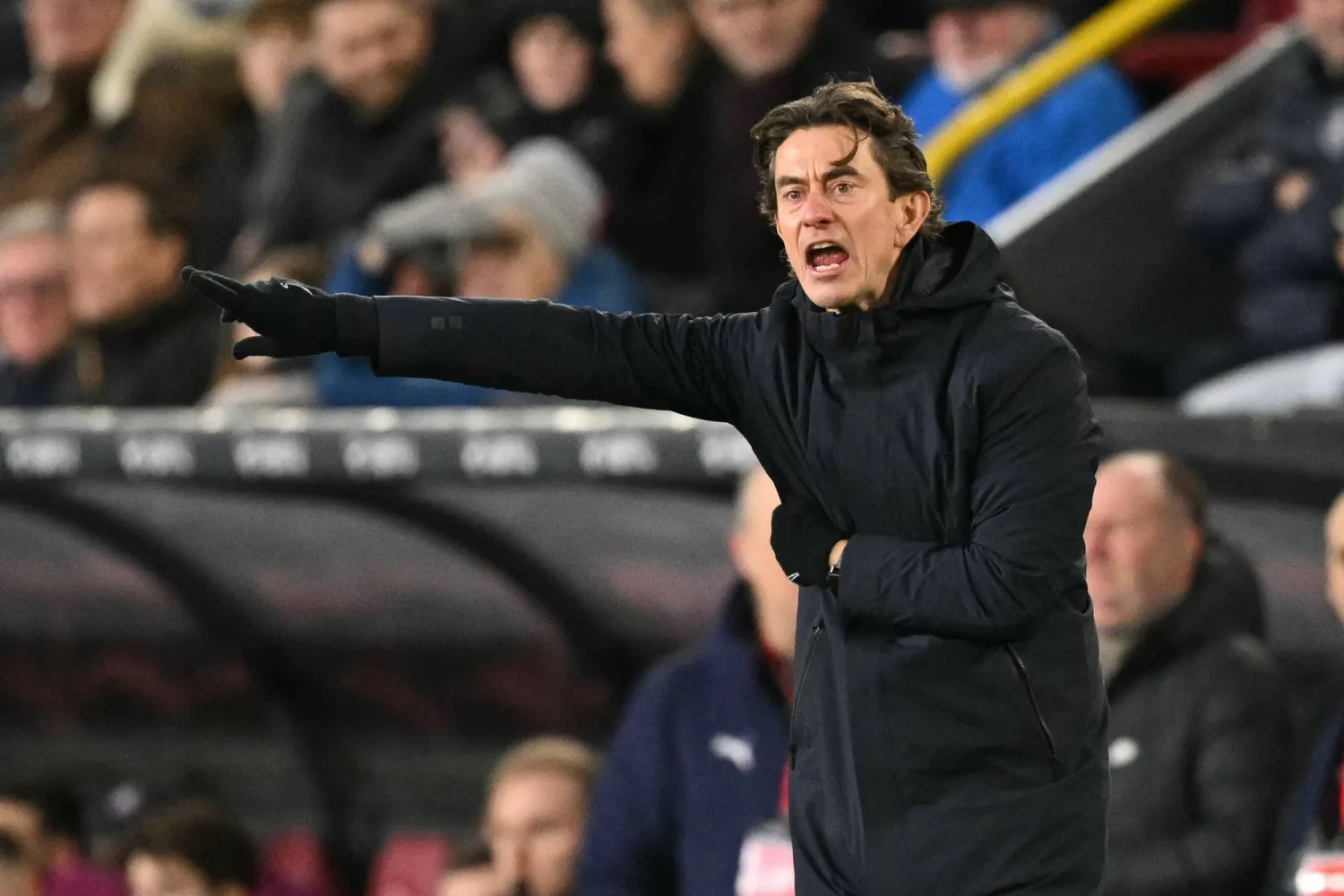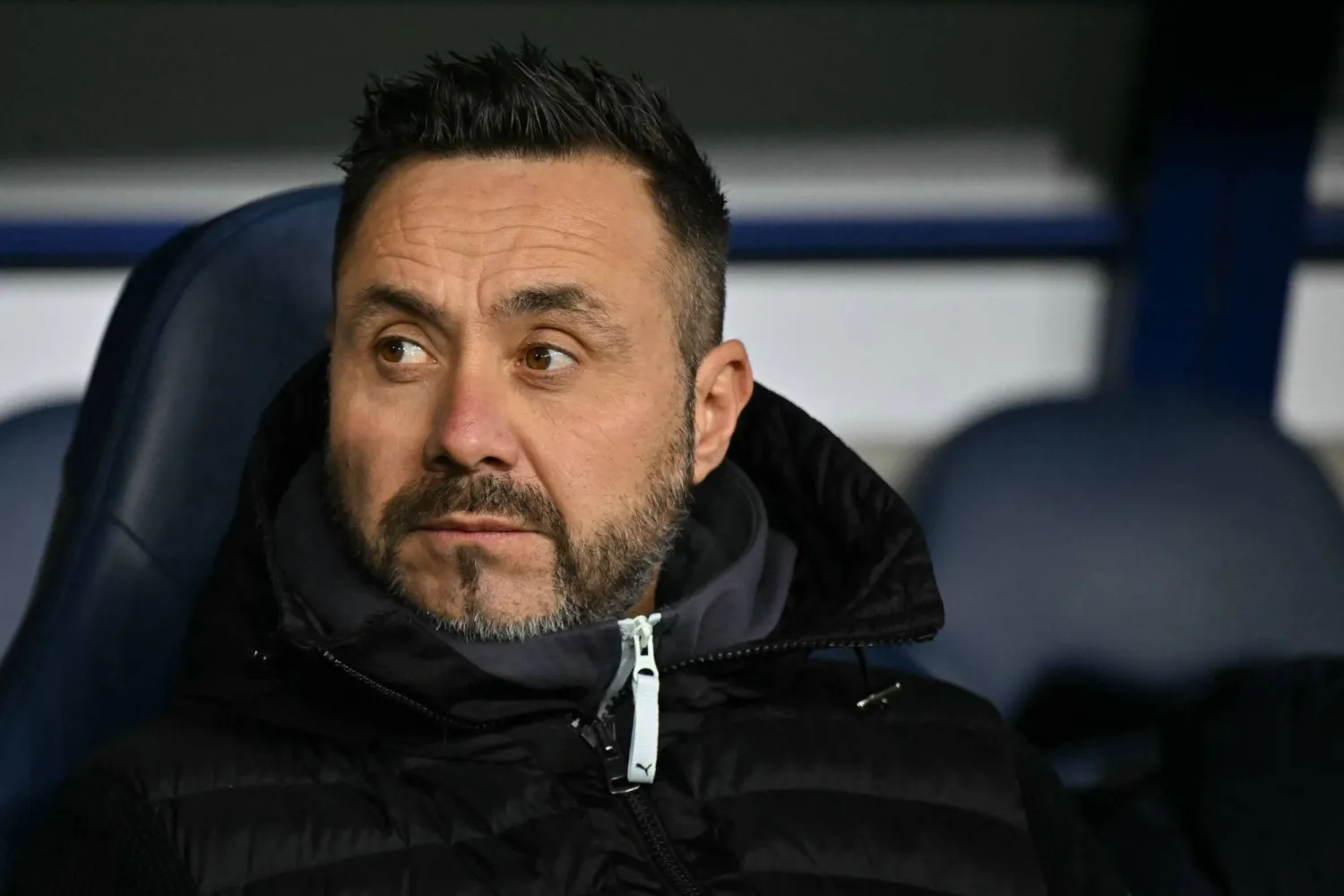The best moment of England’s marathon international week came right at its very end. In the 90th minute against Iceland, with England 4-0 ahead, Harry Maguire cleared the ball high and long towards the right touchline, where Phil Foden – already two goals to the good – gamely chased down an inevitable lost cause.
Instead, as the ball dropped from an astronomical height, Foden cheekily heel-flicked it along the touchline to himself, sending Olafur Skulason spinning through spacetime: a perfectly scandalous piece of skill whereupon, had it emanated from your own two feet, you would have been well within your rights to pick up the ball and never play again.
Iceland were agreeably pliant opponents at Wembley on Wednesday, already relegated in the Nations League and probably exhausted. However Foden’s individual performance, capped by his breathtaking devilry on the right touchline, felt like its own self-contained puzzle: a moment of individual flourish that pointed the way to any number of possible conclusions. The question, as ever, is whether Gareth Southgate will draw the right ones.
For example, you could see in Foden’s exuberant, expressive confidence the importance of having a system that plays to his strengths. You could conclude that England are best served employing the sort of attacking tactics that give their flair players the biggest possible stage. You could posit that on this form Foden must start and that on this form Jack Grealish must start. And that in order to accommodate both alongside Harry Kane and Raheem Sterling, plus at least one of Jadon Sancho or Marcus Rashford or Mason Mount, Southgate must ditch his widely despised 3-4-3 and return to the 4-3-3 that served England so well in late 2019.
This would be to draw the wrong conclusions.
The increasingly tiresome debate over 4-3-3 and 3-4-3 may have been relevant a few months ago but now feels like a red herring: a pointless wrangle over imaginary numbers. It is also largely based on a number of false dichotomies: between attack and defence, reactivity and proactivity, ambition and the lack of it. This should scarcely require pointing out but you can blitz teams with a 3-4-3 (like Marcelo Bielsa’s Chile), and you can set up a 4-3-3 to defend (like Neil Warnock’s QPR).
What matters far more is the inclination of the players you select, the outlook and the positional freedom with which you send them out, the conviction of your approach and the collective commitment to it. And yet a cursory glance through Thursday’s newspapers, along with the overwhelming weight of opinion online, would suggest the majority of pundits and England fans would be perfectly happy for Southgate to rip up a system he has spent the whole year working on, with maybe four games left before a major tournament.
The irony is we know exactly what would happen in this scenario, because it did happen. Four years ago, a tired and unmoored Roy Hodgson decided to cast aside his reputation for order and circumspection and discard his trusted diamond midfield on the eve of Euro 2016. It was a resounding victory for popular sentiment, neatly sidestepping the question of how to accommodate England’s wealth of attacking talent by playing it all at once. The 2-1 defeat to Iceland ended with Rashford, Kane, Jamie Vardy, Daniel Sturridge, Dele Alli and Jack Wilshere all on the pitch at once.
The irony is England are in the enviable position of having a defined system and a firm grasp of the players they want to play it. Kane as striker, with Dominic Calvert-Lewin deputising. Sterling, Sancho, Grealish, Foden and Rashford to compete for the two wide berths. Jordan Henderson, Declan Rice, Mason Mount and Harry Winks (or Kalvin Phillips) in the centre. Bukayo Saka and Ben Chilwell on one flank; Trent Alexander-Arnold and Kieran Trippier (or Reece James) on the other.
Maguire, Kyle Walker, Eric Dier, Tyrone Mings and Michael Keane (or Conor Coady) at centre-half, assuming Joe Gomez is out for the season. Three goalkeepers. That’s your squad.
If this autumn’s Nations League has taught Southgate anything it is that the gulf to the top nations will be bridged by organisation, not by talent.
France, Spain and Belgium – who all won their respective leagues – are the three to beat on depth and current form. The Netherlands, Portugal and Germany (their 6-0 drubbing by Spain notwithstanding) are just a rung below. But Roberto Mancini’s Italy, who also qualified for next year’s finals, show what is possible when a more limited group of players collectively buy in to a defined style of play.
All of which brings us back to Foden and his little bit of skill on the touchline. The lesson from Wednesday was that the individual outrages, the Foden flicks, the Grealish shimmies, the long-range screamers that turn big tournament games, exist largely independently of systems and formations. What inhibits them is not tactics but uncertainty, a lack of conviction, an absence of cohesion, a fear of judgment.
And so, as England and Southgate approach the home stretch, what matters is not so much the system they play but that they know and commit to it thoroughly. This, perhaps, has been the real value of the autumn internationals: a chance to drill and hone a style of play that may not yet be producing exemplary results but may well do with time. Or, put more tritely: one plan may be better than none but it’s certainly better than two.
The Guardian Sport









